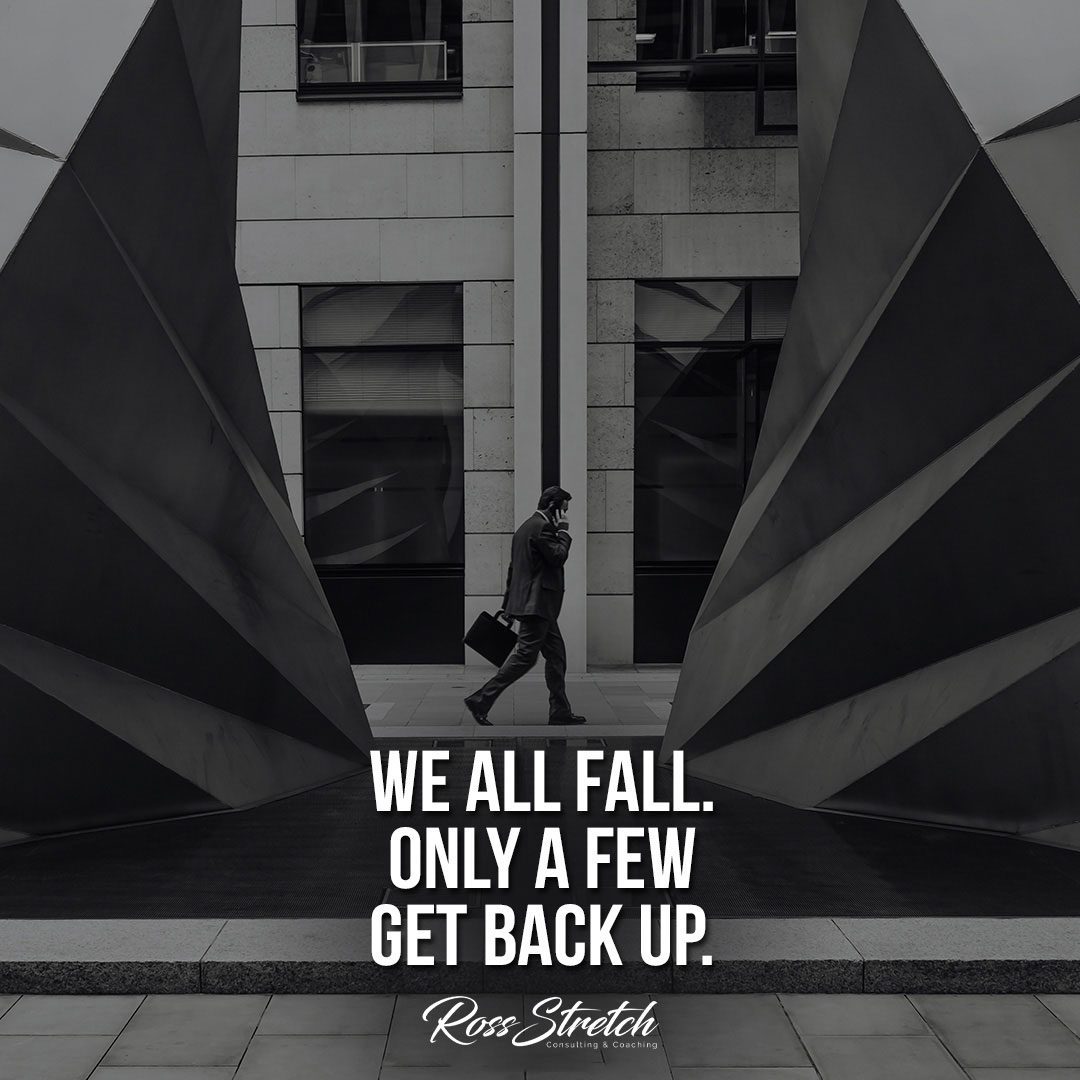Introduction: We all face challenges in life.
Whether it’s a failed business, a broken relationship, or a health issue, setbacks are an inevitable part of the human experience. However, not everyone is able to bounce back from adversity. In fact, only a few people are able to rise from the ashes and achieve success after a major setback. So what sets these individuals apart? The answer lies in the power of resilience.
Setbacks are a natural part of life, but resilience is the key to bouncing back from them.
Ross Stretch
What is resilience?
Resilience is the ability to adapt to adversity and bounce back from setbacks. It’s the inner strength that allows us to persevere in the face of adversity and keep going even when things seem impossible. Resilient people have a growth mindset, meaning they see setbacks as opportunities for learning and growth rather than failures. They are able to cope with stress, regulate their emotions, and maintain a positive outlook even in difficult times.
The benefits of resilience
Developing resilience has numerous benefits, both for your personal and professional life. Resilient people are more likely to achieve their goals and succeed in their careers. They are better equipped to handle stress, which can improve their mental and physical health. Resilience can also help you build stronger relationships and cope with difficult emotions like grief and loss.
How to develop resilience
Resilience is not something you’re born with, but rather a skill that can be developed over time. Here are some ways to cultivate resilience in your own life:
- Build a strong support system: Having a network of supportive friends and family can help you get through tough times. Make sure to nurture these relationships and seek help when you need it.
- Practice self-care: Taking care of your physical and mental health is key to building resilience. Get enough sleep, eat a healthy diet, exercise regularly, and practice stress-reducing activities like meditation or yoga.
- Develop a growth mindset: Instead of seeing setbacks as failures, try to reframe them as opportunities for learning and growth. Focus on what you can control and take proactive steps to move forward.
- Learn from past experiences: Reflect on past setbacks and think about what you learned from them. Use this knowledge to help you navigate future challenges.
Overcoming obstacles
Even with a strong foundation of resilience, setbacks can still feel overwhelming at times. Here are some tips for bouncing back from obstacles:
- Break the problem down into manageable steps: Instead of trying to tackle the entire problem at once, break it down into smaller, more manageable tasks.
- Focus on the present moment: Instead of dwelling on past mistakes or worrying about the future, focus on the present moment and what you can do right now to move forward.
- Seek help when needed: Don’t be afraid to reach out to friends, family, or a professional for help and support.
Conclusion
Setbacks are a natural part of life, but resilience is the key to bouncing back from them. By developing a growth mindset, building a strong support system, and taking care of your physical and mental health, you can cultivate resilience and overcome obstacles. Remember, it’s not about never falling, but rather about getting


